Staying Agile with Your Marketing Strategies
The ability to remain agile in marketing strategies is more crucial than ever, including the importance of adaptability and responsiveness to consumer needs and market dynamics. As brands strive to connect with their audiences, they must embrace an agile mindset that prioritizes ongoing learning, flexibility, and a deep understanding of their target demographics. Let’s explore the significance of agility in marketing strategies and how it can drive brand success in a competitive landscape.
Understanding the Audience
At the heart of effective marketing lies a profound understanding of the audience. Brands which prioritize audience comprehension can craft narratives that resonate on multiple levels, appealing to both external customers and internal stakeholders. This understanding extends beyond basic demographics; it involves delving into the motivations, challenges, and aspirations of the audience. By focusing on these elements, brands can create messaging that not only informs but also inspires and engages.
In a world where consumer expectations are constantly evolving, brands must be attuned to the shifting landscape. Regularly gathering feedback, conducting market research, and analyzing engagement metrics are essential practices that enable brands to stay in tune with their audience. This continuous loop of feedback allows brands to refine their messaging and offerings, ensuring they remain relevant and impactful.
The Power of Storytelling
Meaningful storytelling is a powerful tool in the marketer's arsenal. Brands that connect with their audiences through compelling narratives can foster deeper relationships and loyalty. Storytelling transcends mere product promotion; it creates an emotional connection that can influence consumer behavior. By sharing authentic stories that reflect the brand’s values and mission, organizations can engage their audience on a personal level, making their messaging more relatable and memorable.
Moreover, storytelling allows brands to address the challenges faced by their audience directly. By positioning themselves as allies in the consumer's journey, brands can enhance their relevance and build trust. This approach not only drives engagement but also encourages consumers to become advocates for the brand, further amplifying its reach and impact.
Embracing Change and Innovation
The necessity for agility extends beyond understanding the audience; it also encompasses the willingness to embrace change and innovate. Adaptability, in all its forms, is key to navigating the complexities of the market. This can involve adopting new technologies, exploring different marketing channels, or pivoting strategies in response to emerging trends.
For instance, brands that leverage digital platforms and social media can quickly respond to consumer feedback and adjust their marketing tactics accordingly. The ability to experiment with different approaches, analyze results, and iterate based on insights is a hallmark of agile marketing. This proactive stance not only enhances a brand’s ability to meet consumer needs but also positions it as a thought leader in its industry.
The Role of Communications
Effective communication is an essential component of agility in marketing. Organizations must recognize that communications is not optional; it is critical to their success. Clear, consistent, and engaging communication fosters transparency and builds trust with both consumers and internal teams.
Investing in communication strategies that resonate with the audience can yield significant dividends. Whether through social media, email marketing, or content creation, brands must ensure their messaging aligns with their audience’s preferences and expectations. By prioritizing communication, organizations can create a cohesive brand experience that enhances customer satisfaction and loyalty.
The Importance of Staying Agile
Staying agile in marketing strategies is paramount for brands aiming to thrive in today’s competitive landscape. Effective messaging is rooted in a profound understanding of the audience, allowing brands to craft narratives that resonate and inspire. By embracing the principles of adaptability and continuous learning, organizations can navigate the complexities of the market and achieve sustainable growth. Purposeful branding, underpinned by meaningful storytelling and effective communication, is not merely an ideal; it is a powerful driver of measurable success. As brands leverage engagement metrics and refine their strategies, they can foster deeper connections with their audiences, ultimately propelling them to new heights. In an ever-changing market, the ability to stay agile is not just an advantage; it is a necessity for long-term success.
